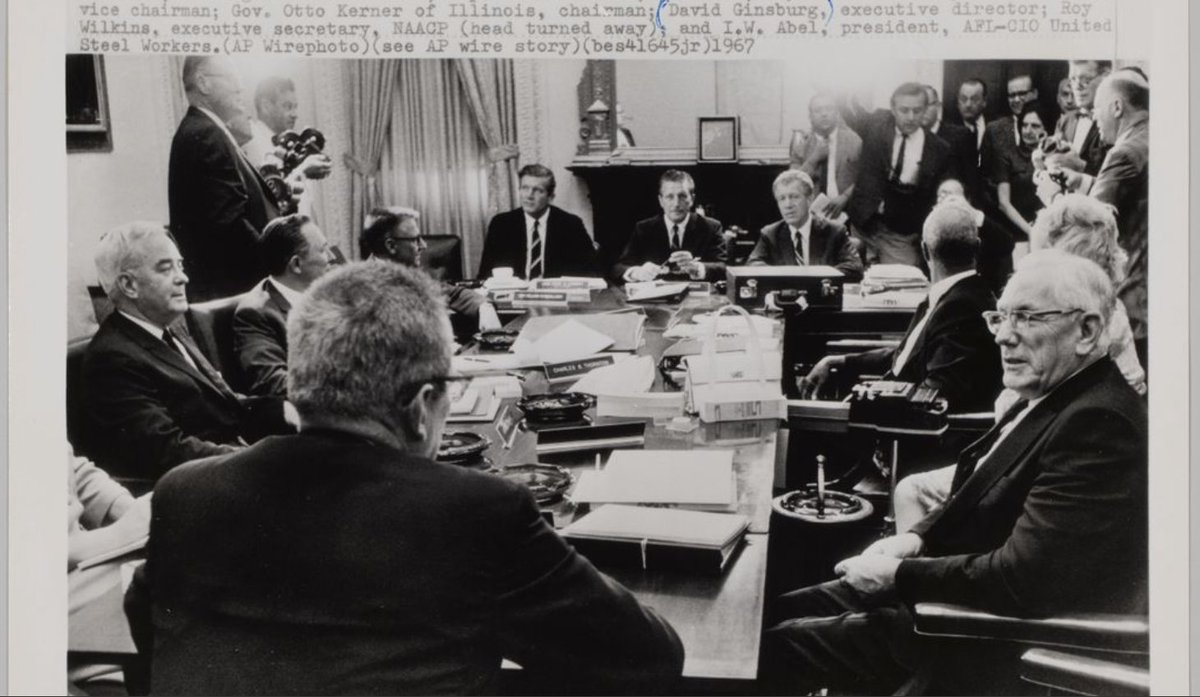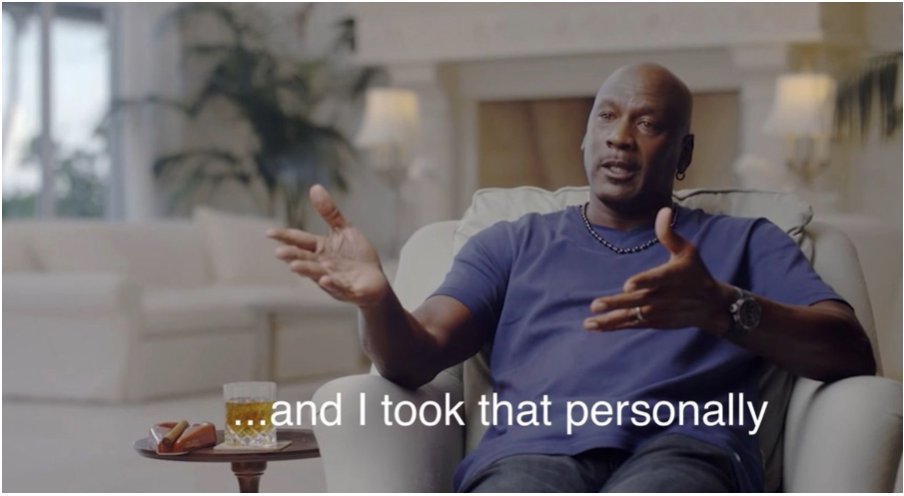
This is an important topic that most graduate programs tend to ignore, so let's chat.
https://twitter.com/gwen_lockman/status/1420508206757990403
As most of the replies and QTs here suggest -- no, most programs don't offer classes or even workshops on how to write lectures for undergrad classes.
Which is *deeply* bizarre, given the assumption many have that that's where a lot of our grads will wind up.
Which is *deeply* bizarre, given the assumption many have that that's where a lot of our grads will wind up.
I did my doctoral work at Cornell, and while there wasn't any formal instruction on lecturing, I TA'd for a lot of big lecture courses.
And in two of them (taught by the terrific lecturer Glenn Altschuler) I got a chance to give guest lectures each semester.
And in two of them (taught by the terrific lecturer Glenn Altschuler) I got a chance to give guest lectures each semester.
While the opportunity was invaluable, it was basically a toss into the deep end.
My first one was just *horrible* -- I mean, I felt bad for the students -- but the post-mortem conversation really helped (and fellow TA @JeffreyHyson was a mensch)
My first one was just *horrible* -- I mean, I felt bad for the students -- but the post-mortem conversation really helped (and fellow TA @JeffreyHyson was a mensch)
The second one was a *lot* better as a result.
(I know this because a student who took both classes came up to me after it to say "Kevin, that was great! Not like the last one. Oof, that was bad!")
I'm glad both experiences happened as a TA, with the stakes relatively low.
(I know this because a student who took both classes came up to me after it to say "Kevin, that was great! Not like the last one. Oof, that was bad!")
I'm glad both experiences happened as a TA, with the stakes relatively low.
So now that I have my own lecture class, I do the same thing, offering grad students who are TAing for the first time a chance to give a lecture.
BUT!
I work with them at every stage -- the planning and prepping, giving a practice run in the lecture hall with notes after, etc.
BUT!
I work with them at every stage -- the planning and prepping, giving a practice run in the lecture hall with notes after, etc.
The grad students do an amazing job with it, avoiding a repeat of my own failure the first time out. Students like the change of pace in the lecture course, and I love getting fresh takes on lectures I would otherwise offer myself. Wins all around.
It's an imperfect approach and one I can only do because I'm an Americanist with a large course and therefore a lot of TA spots.
Other places offer more formal training, which should be the norm.
But I doubt we'll see a move to that anytime soon, as TT jobs are dwindling and more & more PhDs are understandably looking for work outside academia where other training (public, digital, etc.) matter more.
But I doubt we'll see a move to that anytime soon, as TT jobs are dwindling and more & more PhDs are understandably looking for work outside academia where other training (public, digital, etc.) matter more.
Tagging in @LeahRigueur @allofmilov @triple_ivy @RichAndHistory @dygottlieb @TealArcadi in case they have thoughts on what worked (and didn't work!) in the process above.
• • •
Missing some Tweet in this thread? You can try to
force a refresh









